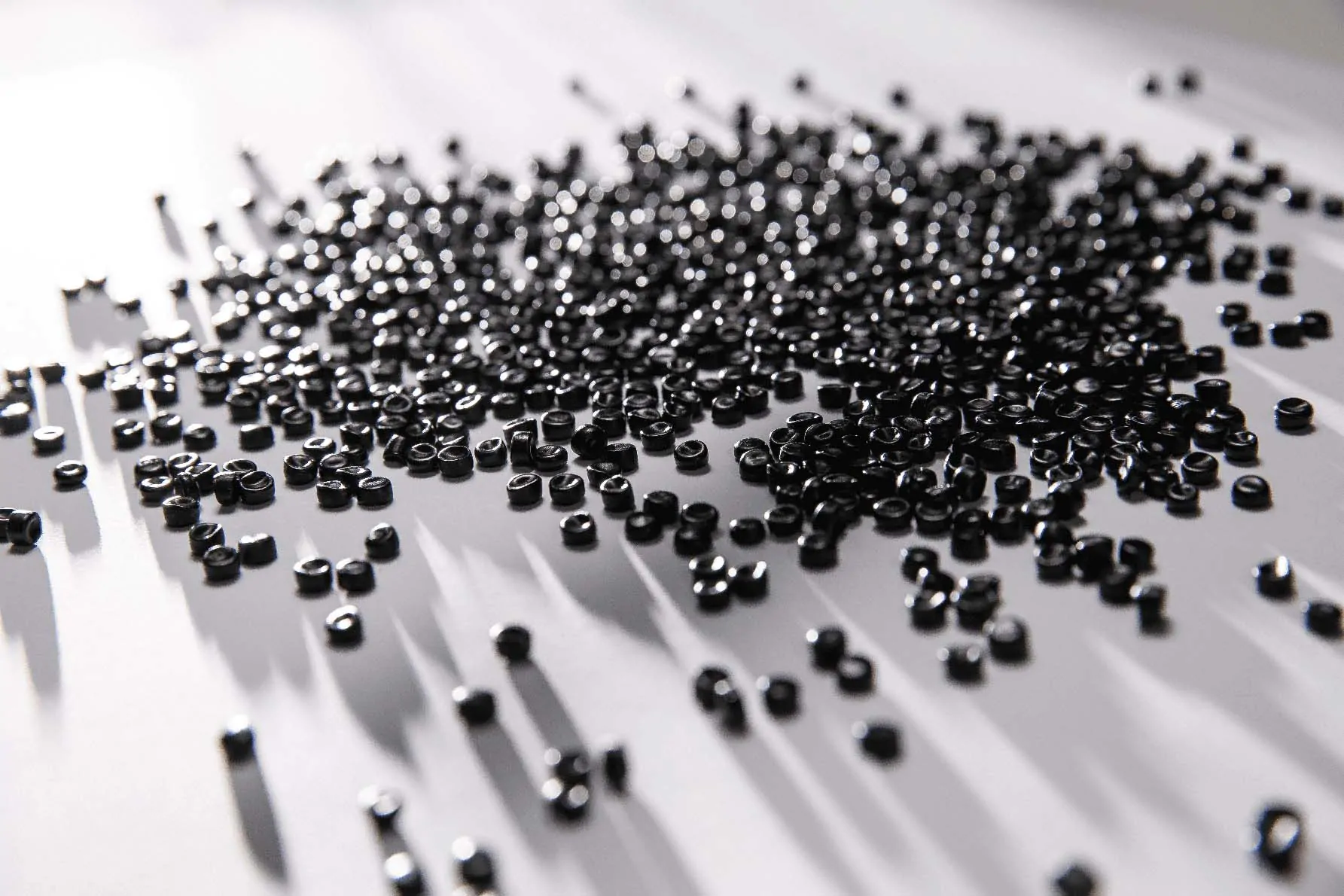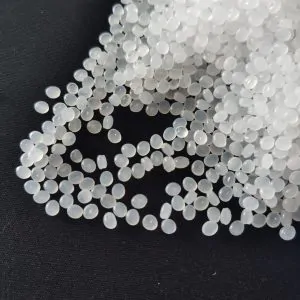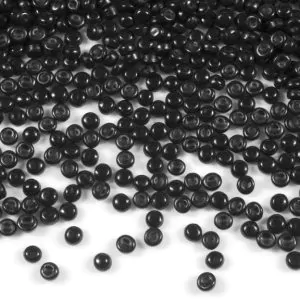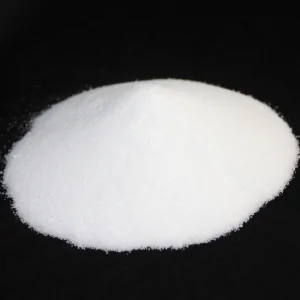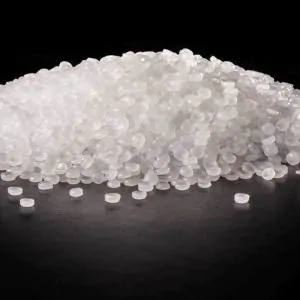High-Density Polyethylene (HDPE) is a thermoplastic polymer known for its high strength-to-density ratio, making it durable and suitable for various applications. It has a low degree of branching, resulting in a dense and linear structure. HDPE exhibits excellent chemical resistance, impact strength, and moisture barrier properties. Common uses include packaging (e.g., bottles, containers), pipes, geomembranes, and playground equipment.
The main key values of High-Density Polyethylene (HDPE) are:
Durability: HDPE is highly durable, with excellent resistance to wear, tear, and impact, ensuring long-term performance in various applications.
Chemical Resistance: It exhibits outstanding resistance to a wide range of chemicals, including acids, alkalis, and solvents, making it suitable for use in corrosive environments.
Versatility: HDPE is a versatile material that can be easily molded and fabricated into various shapes and forms using processes such as injection molding, blow molding, and extrusion.
Moisture Barrier: It has low moisture absorption properties, providing excellent resistance to water and moisture, which is beneficial in applications requiring moisture barrier properties.
Recyclability: HDPE is widely recyclable and can be melted down and reprocessed into new products, contributing to sustainability efforts and reducing environmental impact.
Lightweight: Despite its high strength, HDPE is lightweight, which facilitates handling, transportation, and installation, and reduces overall material usage in applications such as packaging and construction.
Temperature Resistance: HDPE maintains its mechanical properties over a wide range of temperatures, from -50°C to 80°C (-58°F to 176°F), making it suitable for both indoor and outdoor applications.
Properties:
Density: Typically ranges from 0.93 to 0.97 g/cm³, making it one of the most dense polymers.
Melting temperature: Usually between 120°C and 180°C, depending on the grade of HDPE.
Softening temperature: Approximately 80°C to 100°C, where it becomes pliable and can be molded.
Decomposition temperature: Typically ranges from 320°C to 360°C, indicating its thermal stability.
Elastic modulus: Typically between 800 MPa and 1400 MPa, representing its stiffness and resistance to deformation.
Tensile strength: Generally between 20 MPa and 40 MPa, indicating its ability to withstand pulling forces.
Thermal conductivity: Low thermal conductivity ranging from 0.4 to 0.5 W/(m·K), making it suitable for thermal insulation applications.




